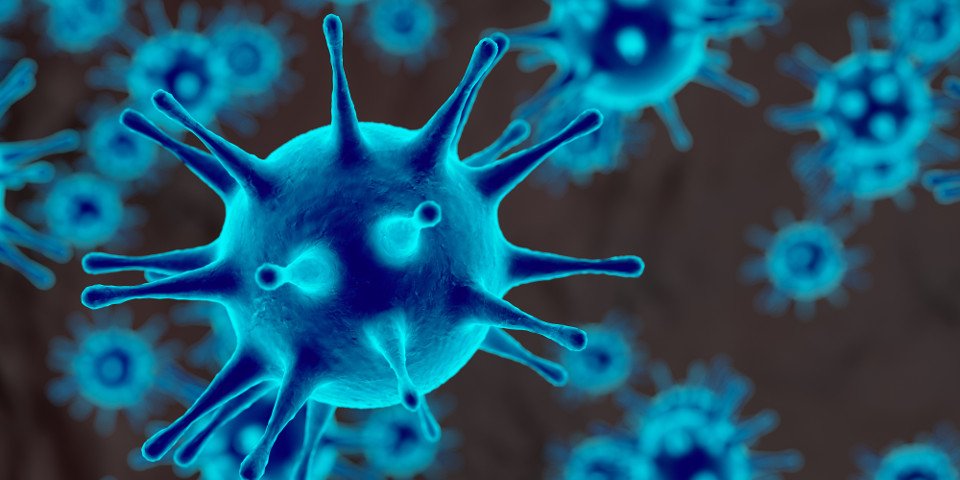With concern over the recently discovered novel coronavirus heightened in the last three days, our Chief Medical Officer, Professor Brendon Murphy remains confident there’s no call for alarm.
The virus was initially reported in humans on December 30 in the Wuhan, a city in China. Since then, in only 20 days, there have been cases confirmed in more than 200 people across six countries.
The virus outbreak is believed to be centred in Wuhan, China, a city on a direct flight path to Australia. As such, health authorities are focusing scrupulous attention on all flights arriving from that city, particularly as the virus has this week been discovered in America.
While some coronaviruses are present in humans, and many in animals, we do know those found in animals can mutate, crossing over into humans, as was the case with both the MERS and the SARS outbreaks.
Professor Murphy said this means there is always concern about the emergence of a new coronavirus infecting humans.
While the Professor said the risk to the Australian public from this novel coronavirus remains “relatively low”, he conceded we do need to maintain precautionary and active surveillance of the situation.
“This novel virus was first detected in the city of Wuhan in China, over a month ago. There are now more than 220 confirmed cases. The vast majority of these have been in the city of Wuhan, in a relatively small area of that city,” he said.
“There have been three deaths confirmed so far in those cases. Six cases have been detected in other parts of the world, in other parts of China, in Shenzhen, Beijing, also in Japan and South Korea and Thailand.
“The great majority of those people have reported a travel history from Wuhan, so we still believe that Wuhan remains the major source of this infection,” he said.
In the last seven days, there have been more than 130 new cases confirmed by the Chinese authorities, mostly in people with previously unexplained pneumonia. Professor Murphy said all of the cases have been in adults and so far no children are infected.
Human-to-human transmission almost certain
In a significant development, Professor Murphy told gathered media: “The World Health Organization is now reporting limited human-to-human transmission and this is a development over the last three or four days, whereas as of late last week, there was no confirmed reports of human-to-human transmission.
“Now, there are cases who do have the disease that haven’t had contact with the seafood market in Wuhan that was thought to be the primary source.
“Overnight, we have heard reports from China that there have been cases of infection of health care workers, which would be pretty conclusive evidence that there is some human-to-human transmission,” said Professor Murphy.
Information is in place at all ports of entry, warning people about this disease and alerting them that if they do develop symptoms on arrival or after arrival, that they should seek medical attention.
Professor Murphy said: “No international travellers have yet been confirmed as having this coronavirus in Australia. We already have well-established existing biosecurity measures at the border, where airlines are required to declare any ill passengers on board and we have protocols for assessing those passengers at the border.”








